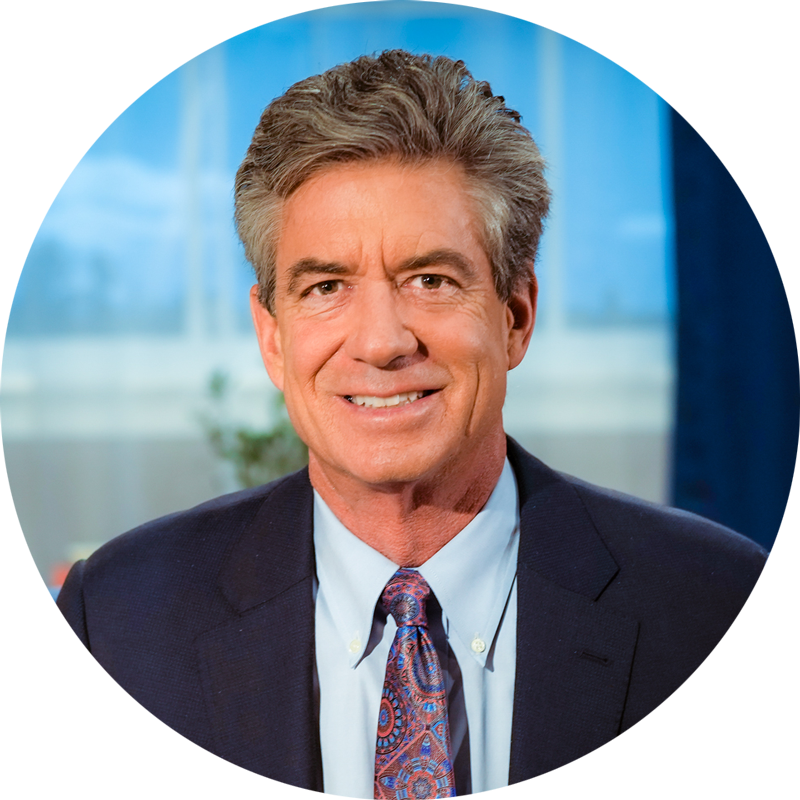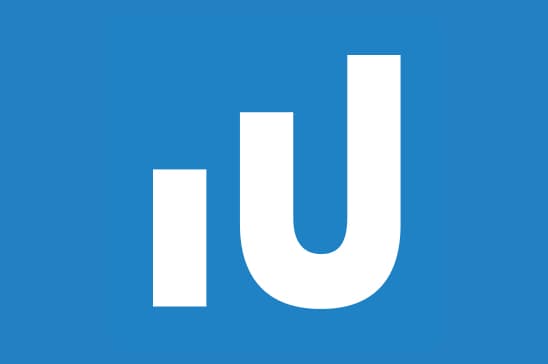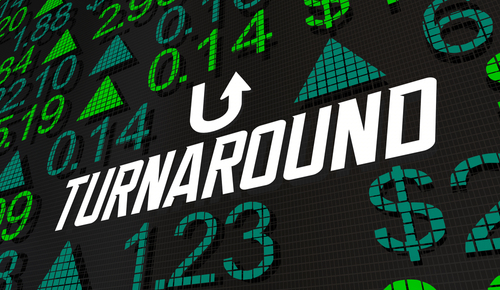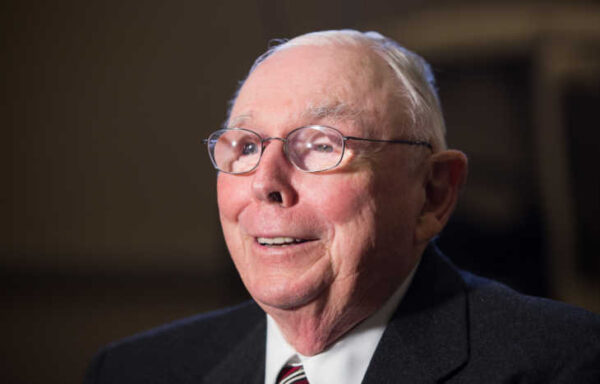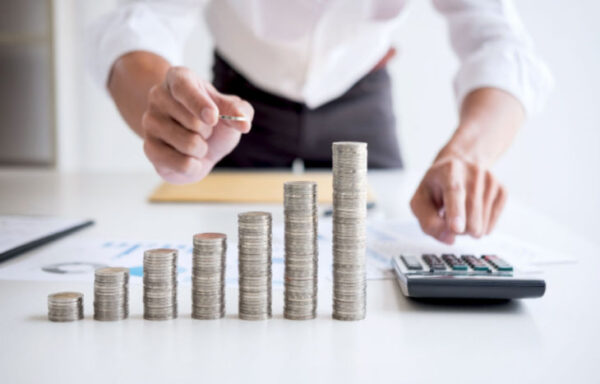The Great Enemy of Investors
- Mental health professionals have reported increased cases of severe anxiety and depression as a result of the coronavirus crisis.
- But Alexander Green has a different idea about what’s keeping wealth builders up at night.
President Donald Trump regularly calls the mainstream media “the enemy of the American people.”
That’s an overstatement, to be sure. But he isn’t completely off base.
The media isn’t your friend.
Journalists are supposed to report the news as accurately and objectively as they can.
They utterly fail at this. And most of us realize it.
A recent Gallup poll found that just 13% of Americans trust the media “a great deal.”
An even more serious indictment can be found in public educator Hans Rosling’s recent book Factfulness.
(Bill Gates calls it “one of the most important books I’ve ever read – an indispensible guide to thinking clearly about the world.”)
Rosling surveyed thousands of people with questions about poverty and wealth, energy and the environment, guns and violence, and global developments in health, education and gender equality.
What he discovered was a story of massive ignorance, even – or especially – among well-informed, highly educated people, “including Nobel laureates.”
Rosling concludes, “Everyone seems to get the world devastatingly wrong. Not only devastatingly wrong, but systematically wrong… [The test results] are worse than the results I would get if the people answering my questions had no knowledge at all.”
Think about that for a moment.
If knowledge is power and the mainstream media leaves Americans more ignorant than if they had no knowledge at all, it isn’t just making us less informed.
It’s making us powerless. Not least of all as investors.
Consider the coronavirus pandemic.
The media has covered it with its trademark blend of exaggeration, sensationalism and relentless negativity.
(In the world of journalism, good news is the ultimate oxymoron.)
Yes, we’re experiencing a once-in-a-century health and economic crisis that has hurt workers, destroyed businesses and ended lives.
But the media never provides any context, any reason for optimism… or any hope.
Politicians often fan those flames, of course.
Consider Governor Andrew Cuomo’s declaration that the country is “never going to be the same” and “I don’t think we get back to normal.”
Plenty of folks thought the same thing after 9/11. They were dead wrong.
As a subscriber to The Washington Post and The New York Times, I’m bombarded daily with sad facts, depressing stories and unsettling projections.
And that’s just the news stories. Next the editorialists pile on.
Last week, for instance, Paul Krugman – my perennial nominee for “World’s Worst Economist” – wrote a column that shared his nuanced outlook:
- “We’re facing an incredible economic catastrophe.”
- “Early indications are that we may be handling [this] fast-moving economic disaster as badly as we handled the fast-moving pandemic that caused it.”
- “We aren’t facing a conventional recession… We’re going into the economic equivalent of a medically induced coma… We’ll have a conventional recession on top of the induced coma.”
Hmm. Maybe we should just slit our wrists and end it all now.
Indeed, mental health professionals report that cases of severe anxiety and depression have recently spiked, especially among the most avid news consumers.
Yet something doesn’t add up.
If the coronavirus is even worse than we feared… and if our response has been grossly inadequate… and if businesses won’t be able to reopen for months… and if all this social distancing and sheltering in place will lead to an unprecedented economic catastrophe, why – ahem – did the stock market just rally 28% off the bottom?
Either a few thousand journalists are wrong… or tens of millions of investors are.
The smart money clearly believes the pessimism is overdone and things will get better faster than most people realize.
And they aren’t just moving their lips. They’re moving their risk capital.
I’ve encouraged investors to join them for weeks now. (Feel free to browse our archives.)
I pointed out that the market is a leading indicator, that it anticipated a severe economic contraction and would soon anticipate a robust recovery.
I quoted the greatest investors of all time, including Warren Buffett and Sir John Templeton, who agree that you should be fearful when others are greedy and greedy when others are fearful.
Yet the mainstream media, with its relentless, downbeat coverage, spooked many folks into selling – or made them too fearful to invest.
If you look back at market downturns and routinely kick yourself for not buying low, consider the role played by the mainstream media.
Not your enemy, perhaps. But certainly not your friend.
About Alexander Green
Alexander Green is the Chief Investment Strategist of The Oxford Club, the world’s largest financial fellowship. For 16 years, Alex worked as an investment advisor, research analyst and portfolio manager on Wall Street. After developing his extensive knowledge and achieving financial independence, he retired at the age of 43.
Since then, he has been living “the second half of his life.” He runs The Oxford Communiqué, one of the most highly regarded publications in the industry. He also operates three fast-paced trading services: The Momentum Alert, The Insider Alert and Oxford Microcap Trader. In addition, he writes for Liberty Through Wealth, a free daily e-letter focused on financial freedom.
Alex is also the author of four New York Times bestselling books: The Gone Fishin’ Portfolio: Get Wise, Get Wealthy… and Get On With Your Life; The Secret of Shelter Island: Money and What Matters; Beyond Wealth: The Road Map to a Rich Life; and An Embarrassment of Riches: Tapping Into the World’s Greatest Legacy of Wealth.


